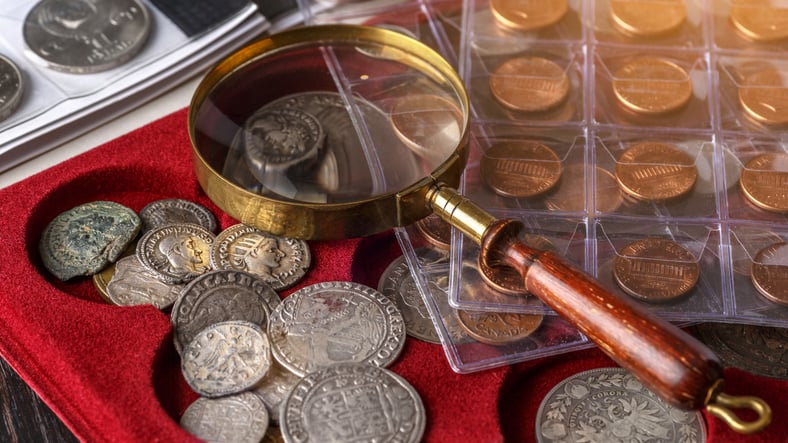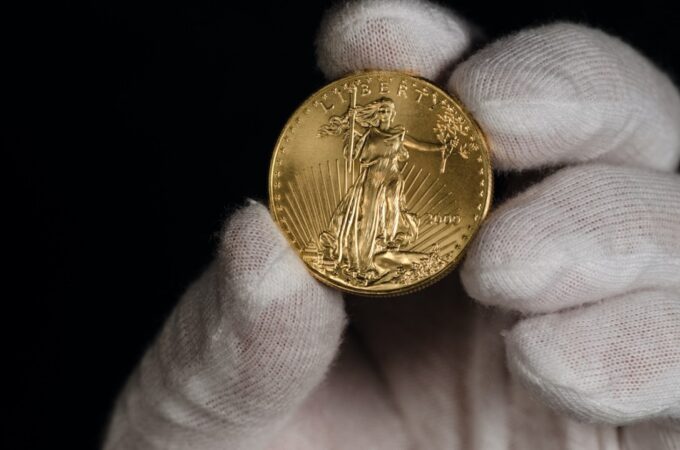Transforming a passion for coin collecting into a profitable business can be both an exciting and rewarding endeavor. Many enthusiasts have found that their hobby offers not just personal satisfaction but also the potential for real economic gain.
If you’re thinking about turning your coin collection into a business, here are fifteen tips to help you make that leap successfully.
The Value of Your Collection
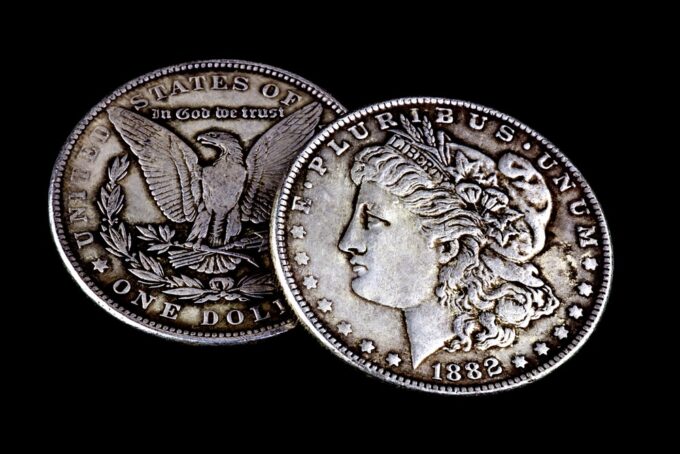
The first step is to thoroughly assess the value of your colorized silver coins. This involves more than just knowing what each coin is worth individually; you also need to understand how market demand affects prices.
Coins that are rare, in excellent condition, or have historical significance typically fetch higher prices. Research current market trends, attend coin shows, and perhaps consult with experts to gain a deep insight into the potential worth of your coins.
Developing Expertise
A successful coin business owner is not only passionate but also knowledgeable. Continuously expanding your understanding of numismatics—the study of coins and currency—is crucial.
This knowledge will allow you to better assess the rarity and value of coins, understand market dynamics, and communicate effectively with customers and other collectors.
Networking with Other Collectors
Building relationships within the coin collecting community can provide numerous benefits. Networking allows you to learn from experienced collectors, discover opportunities to buy or sell, and even find partners for potential business ventures. Attend local coin clubs, online forums, and national or international conferences to connect with other enthusiasts.
Establishing a Niche
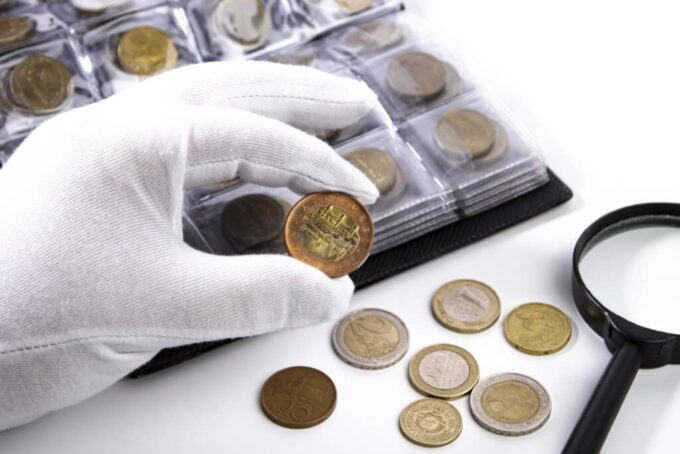
While some coin dealers handle a wide variety of currencies, others find success by specializing in a specific type of coin, such as ancient coins, American coins, or error coins. Specializing can help you become a recognized expert in a particular area, attracting customers who are interested in that niche.
Setting Up the Business Legally
When transitioning from hobby to business, it’s important to formalize your venture. This involves choosing a business structure, such as a sole proprietorship or an LLC, registering your business, and obtaining any necessary licenses or permits. Consider consulting with a business attorney to help guide you through this process.
Creating an Online Presence
In today’s digital age, having an online presence is crucial. A well-designed website can serve as the hub for your business, showcasing your collection, providing information about your expertise, and offering coins for sale. Additionally, leverage social media platforms to engage with the community, share updates about new acquisitions, and promote sales.
Investing in Quality Photography
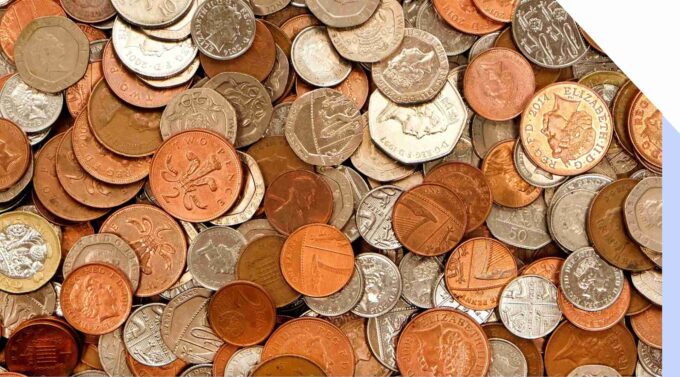
High-quality images are essential for selling coins online. Detailed, clear photographs can highlight the features and condition of each coin, which is vital for online buyers who can’t examine the items in person. Investing in a good camera and learning some basic photography skills, or hiring a professional photographer, can significantly enhance your online listings.
Pricing Your Coins Competitively
Setting the right prices for your coins involves understanding both their market value and what potential buyers are willing to pay. Prices should reflect the rarity, condition, and historical significance of each coin. Regularly review your pricing strategy to ensure it remains competitive and fair.
Providing Excellent Customer Service
Outstanding customer service can set your coin business apart from competitors. This includes responding promptly to inquiries, offering detailed product descriptions, and handling transactions smoothly. Additionally, consider implementing a return policy that builds trust and confidence among your customers.
Online and Offline Sales Channels

Diversifying your sales channels can help you reach a wider audience. While your website will be a primary platform for sales, consider also using online marketplaces, attending coin auctions, and setting up booths at coin shows. Each channel offers unique advantages and can attract different types of customers.
Maintaining Detailed Records
Keeping accurate records is essential for managing your business efficiently and for tax purposes. Record all purchases, sales, expenses, and any other financial transactions. Software tools designed for small businesses can simplify this process, helping you keep track of your inventory and finances.
Educating Your Customers
Offering educational resources can enhance customer engagement and position you as a trusted expert in the field. Write blog posts or articles, create videos, or host webinars that provide insights into coin collecting.
This not only helps educate your audience but also fosters a community of informed collectors who may become loyal customers.
Expanding Through Collaboration
Partnering with other businesses in the numismatic field or related industries can offer new opportunities. For example, collaborating with auction houses, museums, or educational institutions can expand your network, increase your visibility, and attract new customers.
Adapting to Market Changes
The coin market can be volatile, with prices fluctuating based on economic conditions, trends, and collector interest. Stay adaptable and informed about the market to navigate these changes effectively. Regularly review your business strategy and be prepared to make adjustments as needed.
Focusing on Continuous Improvement
Finally, strive for continuous improvement in every aspect of your business. Seek feedback from customers, stay updated with industry developments, and always look for ways to enhance your services and operations. This commitment to excellence can help ensure the long-term success of your coin collection business.
Emphasizing Security and Authenticity
Trust is a cornerstone in the coin collecting business. To foster trust, emphasize the security and authenticity of transactions. Implement stringent verification processes for every coin you acquire or sell, ensuring that each item is authenticated and accurately graded.
Provide certificates of authenticity where applicable, and use secure payment gateways to handle transactions. This attention to security not only protects you and your customers but also builds your reputation as a reliable dealer.
Leveraging Technology
Technology can be a powerful tool in managing and growing your coin business. Use inventory management software to keep track of your collection and customer purchases. Consider adopting newer technologies like blockchain for provenance tracking, which can provide a transparent and tamper-proof record of a coin’s history. Additionally, mobile apps can make your inventory accessible to customers on the go, expanding your reach and improving user experience.

